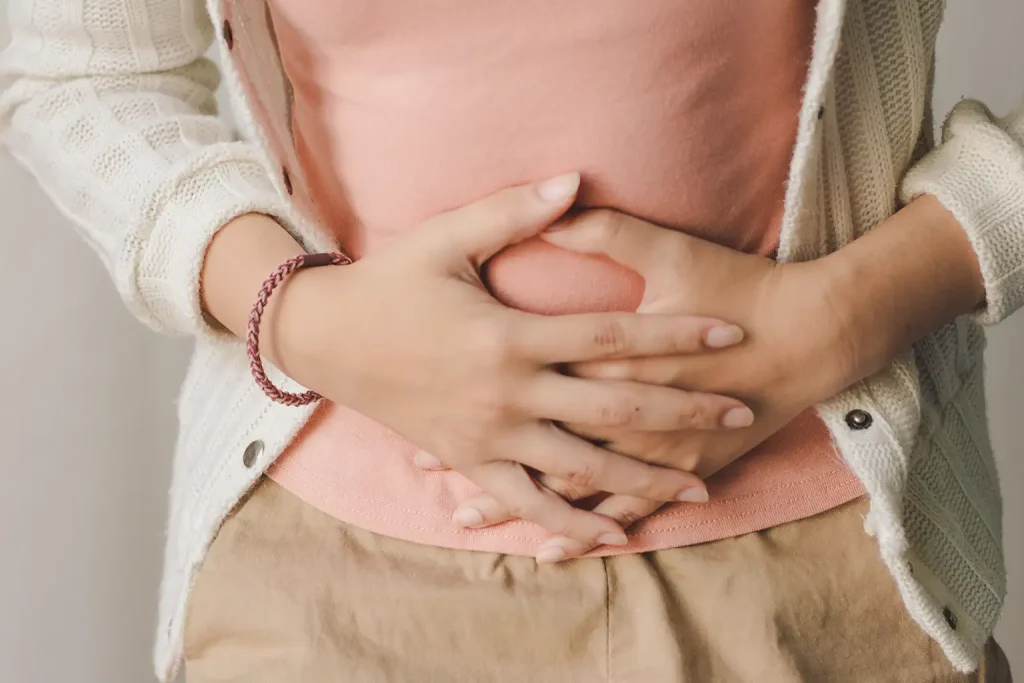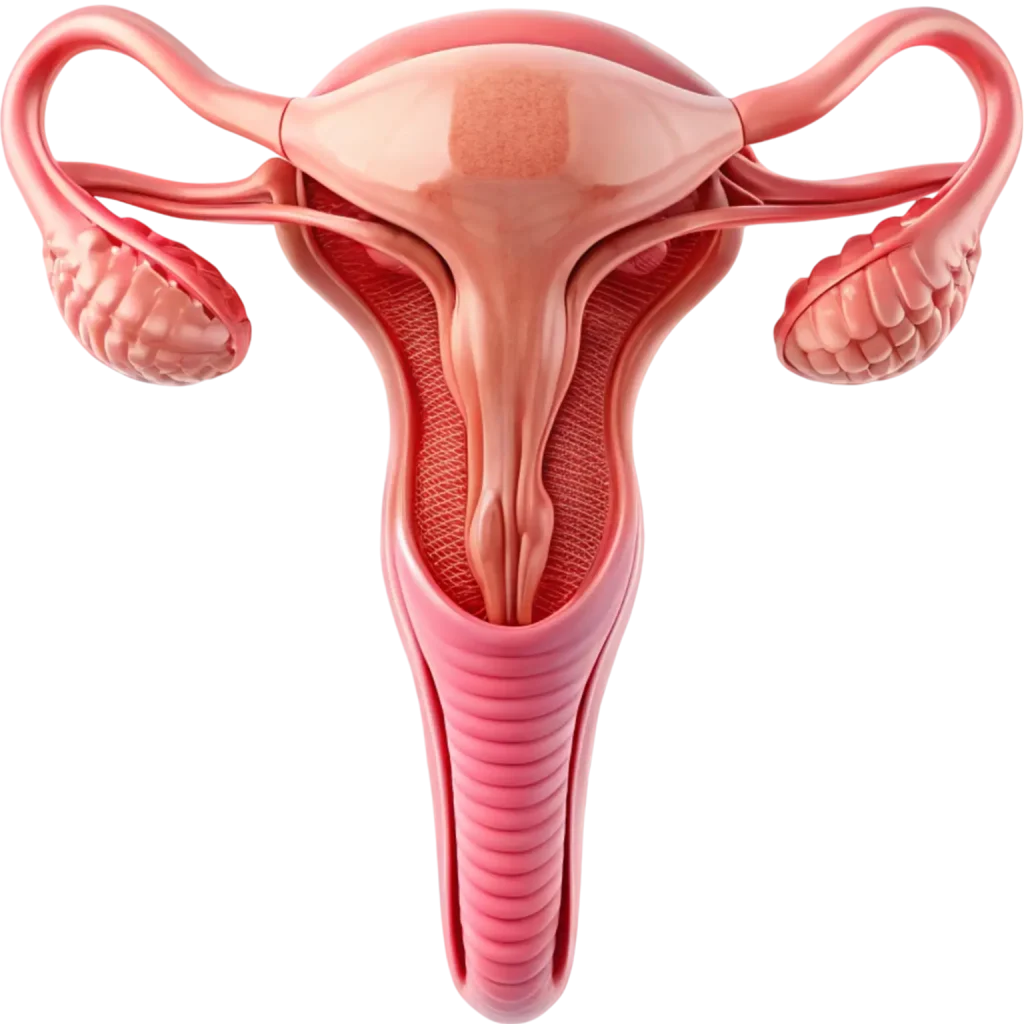Menstrual disorders are common and affect many women at different life stages. They can present as irregular cycles, painful cramps, heavy bleeding or missed periods. Often disrupting daily life and sometimes indicating underlying health concerns.
Understanding menstrual disorders and the available treatments can help women manage their cycles better, ease discomfort and maintain reproductive health.

Menstrual Disorders Treatment in Singapore
Menstrual disorders are common and affect many women at different life stages. They can present as irregular cycles, painful cramps, heavy bleeding or missed periods. Often disrupting daily life and sometimes indicating underlying health concerns.
Understanding menstrual disorders and the available treatments can help women manage their cycles better, ease discomfort and maintain reproductive health.
Menstrual disorders refer to any irregularities or disruptions in the normal menstrual cycle. A typical cycle lasts between 21 to 35 days, with menstruation lasting 2 to 7 days. When periods deviate from this pattern, becoming too frequent, too painful, too heavy or even absent, they are considered disordered.
Absence of menstruation. It can be primary (periods never start) or secondary (stopping of periods for 3+ months).
Painful periods or menstrual cramps. It may be primary (no underlying condition) or secondary (linked to issues like fibroids or endometriosis).
Excessively heavy or prolonged menstrual bleeding.

A severe form of PMS affecting mental health.
Infrequent periods (cycles longer than 35 days).
Frequent periods (cycles shorter than 21 days).
Emotional and physical symptoms occurring in the days before menstruation.
A severe form of PMS affecting mental health.

Symptoms may vary depending on the type of disorder, but common signs include:
If any of these symptoms significantly interfere with daily activities, it is important to seek medical attention for a proper evaluation.
Menstrual irregularities can be caused by a wide range of factors, including:
Identifying the root cause is key to determining the right menstrual disorders treatment.
A thorough diagnosis helps guide the right treatment plan. Your doctor may recommend:
Including cycle tracking and symptom patterns
To identify any abnormalities in the reproductive organs
To check hormone levels, thyroid function or iron levels (for anaemia)
To visualise the uterus and ovaries
In selected cases to evaluate uterine lining
If more detailed imaging or visualization is needed
Treatment depends on the type and severity of the disorder, the underlying cause and the woman’s age, lifestyle and fertility goals.
In some cases, when conservative methods fail, surgical options may be considered:
You should consult a doctor if you experience:
Early medical evaluation may help manage symptoms effectively.

At Pacific Healthcare Specialist Centre, we provide assessment and management options for menstrual disorders. Our female gynecologist works with you to understand your symptoms and explore treatment options that fit your lifestyle and needs.
If you are struggling with irregular periods, painful cramps or heavy bleeding, support is available for individuals experiencing persistent menstrual symptoms. Consult a medical professional for evaluation and discussion of treatment options.

Yes, physical and emotional stress can disrupt hormonal balance and lead to irregular periods.
Hormonal shifts after delivery or during breastfeeding may temporarily affect menstruation. However, if symptoms persist, consult a medical professional for evaluation.
Some menstrual disorders, such as PCOS or absent periods, can affect ovulation and fertility. Early treatment improves reproductive outcomes.
Lifestyle changes, balanced diet and stress reduction can help, but medical treatment may still be required depending on the underlying cause. Consult a medical professional for discussion of treatment options.
NSAIDs (e.g., ibuprofen) and hormonal therapies are effective for most women. However, persistent pain may need further evaluation for underlying conditions.
Copyright © 2026 Pacific Healthcare Specialist Centre (Women's Clinic)